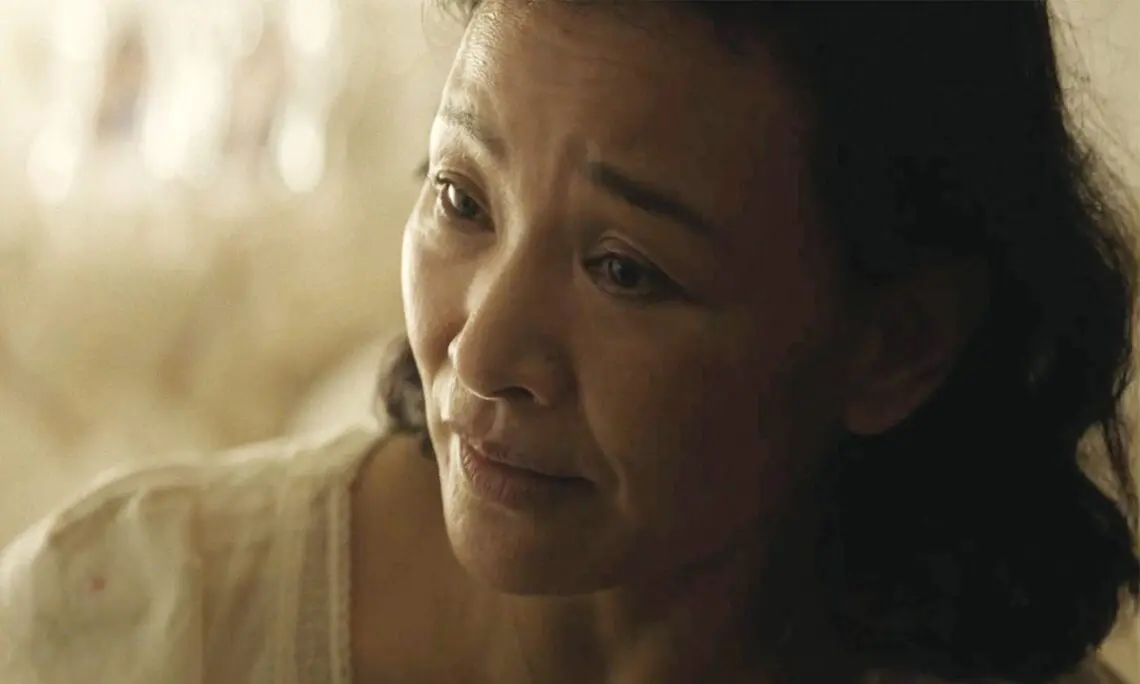The Audience Award winner and recipient of a special jury prize for best ensemble at the 2024 Sundance Film Festival, “Dìdi,” Sean Wang’s debut feature, chronicles the life of a Taiwanese-American teenager named Chris (Izaac Wang) coming to terms with his identity as a child of immigrants. Engulfed by hormones and vulnerable to the pressures (social and otherwise) of adolescence, Chris is frequently a bit of a jerk; but never does his behavior stand in more stark relief from the kindness and understanding that he needs to navigate this challenging time in his life than when interacting with his compassionate, indefatigably patient mother Chungsing, played by Joan Chen.
In a career of standout performances in projects like “The Last Emperor,” “Heaven & Earth” and “Twin Peaks,” the role was one for which she felt a unique affinity. “I experienced a motherhood much like the one in the film, in that I am an immigrant mother who raised two children in America,” Chen says. “I understood the kind of confusion — the cultural chasm — between the generations, with so much love and yet fraught with such tension.”
Also the executive producer of “Dìdi,” Chen explains that she believed in Wang’s film from the first time she read its script, which draws authentically — if not always flatteringly — from his own experiences. “Sean knew the material inside out from his own life,” she says.
Popular on Variety Chen particularly loved the dimensionality that Wang gave to Chungsing, in that she is the family’s long-suffering matriarch, especially in the frequent absence of her husband and Chris’ father, but she’s also a person with her own aspirations — specifically, to be a painter. “I appreciated the fact that she is artistic,” she says. “Though she doesn’t speak much English, she is very ordinary — a mother who had lost dreams and really gave much to the caretaking of the family and being isolated from the world because she didn’t have a job.”
Because of firsthand experiences with her real-life children, Chen says that she also instantly understood what her onscreen son was going through, which allowed her to play Chungsing with such heartfelt, relatable empathy. “[Chris] is always hearing things like, ‘He’s cool for a Chinese.’ My own children went through that,” she remembers. “That sense of shame — that somehow my daughter Angela was different and she wanted to be like everyone else — is exactly what Chris is feeling in the film that he wants so badly.”
“‘Dìdi’ is not about race at all. It is about these feelings that can universally be shared,” she says. “In America, there are so many different ethnic and cultural backgrounds, and everybody can be very, very specifically themselves and yet carry the same sense of humanity.”

 Italian
Italian







